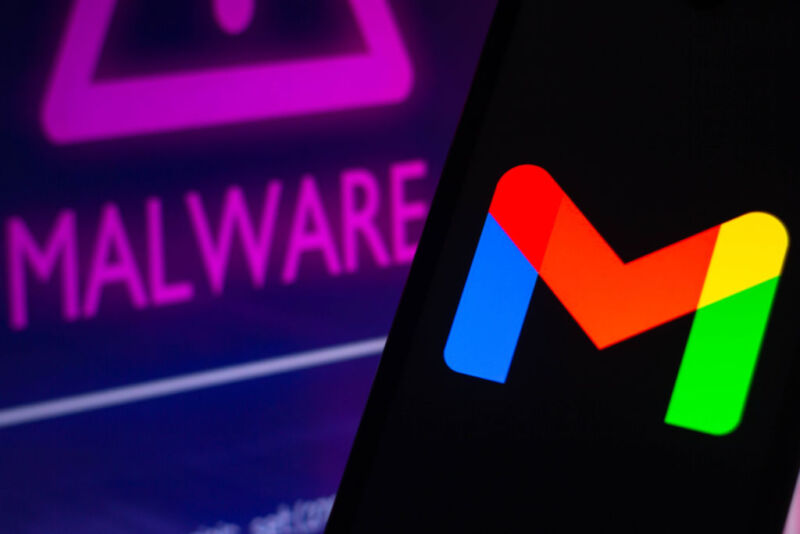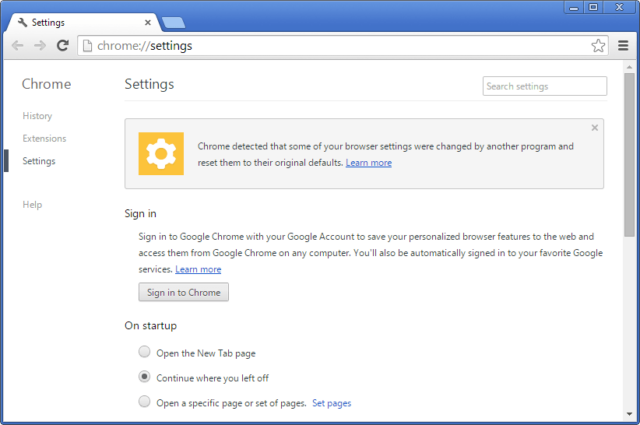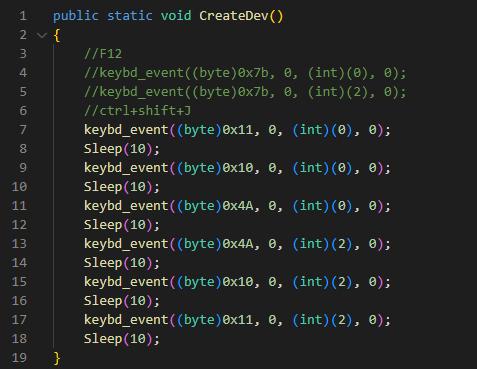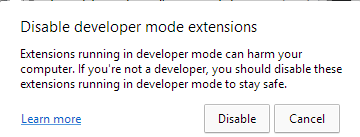
Getty Pictures
Researchers have found never-before-seen malware that North Korean hackers are utilizing to surreptitiously learn and obtain emails and attachments from contaminated customers’ Gmail and AOL accounts.
The malware, dubbed SHARPEXT by researchers at safety agency Volexity, makes use of intelligent means to put in a browser extension for Chrome and Edge browsers, Volexity reported in a weblog publish. The extension can’t be detected by electronic mail providers, and because the browser has already been authenticated utilizing all multi-factor authentication protections in place, this more and more in style safety measure performs no position. inside the limitation of account compromise.
The malware has been in use for “nicely over a yr”, Volexity mentioned, and is the work of a hacking group the corporate tracks underneath the title SharpTongue. The group is sponsored by the North Korean authorities and overlaps with a bunch tracked as Kimsuky by different researchers. SHARPEXT targets organizations in america, Europe, and South Korea that work on nuclear weapons and different points that North Korea deems necessary to its nationwide safety.
Volexity president Steven Adair mentioned in an electronic mail that the extension was put in “by spear phishing and social engineering the place the sufferer is tricked into opening a malicious doc. Beforehand, we have seen DPRK menace actors launch spear phishing assaults the place the purpose was to trick the sufferer into putting in a browser extension moderately than a post-exploitation mechanism for persistence and knowledge theft.” In its present incarnation, the malware solely works on Home windows, however Adair mentioned there is no cause it might’t be prolonged to additionally infect browsers operating macOS or Linux.
PromotingThe weblog publish provides: “Volexity’s personal visibility reveals that the extension was fairly profitable, as logs obtained by Volexity present that the attacker managed to steal hundreds of emails from a number of victims by the deployment malware.
Putting in a browser extension throughout a phishing operation with out the tip consumer noticing will not be straightforward. SHARPEXT builders have clearly paid consideration to analysis like those printed right here, right here, and right here, which present how a safety mechanism within the Chromium browser engine prevents malware from altering delicate consumer settings. Each time a legit change is made, the browser takes a cryptographic hash of some a part of the code. On startup, the browser checks the hashes, and if any of them do not match, the browser requests that the outdated settings be restored.

For attackers to bypass this safety, they need to first extract the next gadgets from the pc they’re compromising:
- A duplicate of the browser’s assets.pak file (which accommodates the HMAC seed utilized by Chrome)
- The consumer’s S-ID worth
- The consumer’s authentic system preferences and safe preferences information
After modifying the choice information, SHARPEXT mechanically hundreds the extension and runs a PowerShell script that allows DevTools, a setting that enables the browser to run customized code and settings.
“The script runs in an infinite loop checking processes related to focused browsers,” Volexity defined. “If any focused browsers are discovered operating, the script checks the tab title for a selected key phrase (e.g. ‘05101190’ or ‘Tab+’ relying on SHARPEXT model). The particular key phrase is inserted into the title by the malware extension when an lively tab modifications or when a web page is loaded.”
Promoting
Volexity
The message continued:
The strikes despatched are equal to
Management+Shift+J, the shortcut to activate the DevTools panel. Lastly, the PowerShell script hides the newly opened DevTools window utilizing the ShowWindow() API and theSW_HIDEflag. On the finish of this course of, DevTools is activated on the lively tab, however the window is hidden.Moreover, this script is used to cover all home windows that may alert the sufferer. Microsoft Edge, for instance, periodically shows a warning message to the consumer (Determine 5) if extensions are operating in developer mode. The script continuously checks if this window seems and hides it utilizing the command
ShowWindow()and theSW_HIDEflag.

Volexity
As soon as put in, the extension can carry out the next requests:
| HTTP POST knowledge | The outline |
| mode=checklist | Record emails beforehand collected from the sufferer to make sure duplicates aren’t uploaded. This checklist is repeatedly up to date as SHARPEXT runs. |
| mode=area | Record the e-mail domains with which the sufferer has already communicated. This checklist is repeatedly up to date as SHARPEXT runs. |
| trend=black | Acquire a blacklist of electronic mail senders who needs to be ignored whereas gathering sufferer emails. |
| mode=newD&d=[data] | Add a site to the checklist of all domains considered by the sufferer. |
| mode=connect&title=[data]&idx=[data]&physique=[data] | Add a brand new attachment to the distant server. |
| trend=new&mid=[data]&mbody=[data] | Add Gmail knowledge to the distant server. |
| mode=attlist | Commented by the aggressor; obtain an inventory of attachments to exfiltrate. |
| mode=new_aol&mid=[data]&mbody=[data] | Obtain AOL knowledge to the distant server. |
SHARPEXT permits hackers to create ignore lists of electronic mail addresses and hold monitor of emails or attachments which have already been stolen.
Volexity created the next abstract of the orchestration of the varied SHARPEXT elements it analyzed:

Volexity
The weblog publish gives photographs, filenames, and different indicators that skilled people can use to find out if they’ve been focused or contaminated with this malware. The corporate has warned that the menace it poses has grown over time and is not anticipated to go away anytime quickly.
“When Volexity first encountered SHARPEXT, it gave the impression to be an early improvement device with quite a few bugs, a sign that the device was immature,” the corporate mentioned. “The newest updates and ongoing upkeep display that the attacker is reaching its objectives, discovering worth by persevering with to refine it.”
#North #Koreabacked #hackers #intelligent #learn #Gmail
